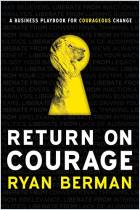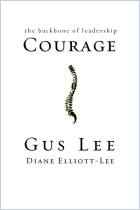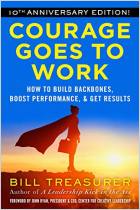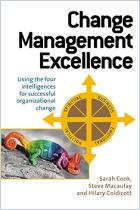
The Courage to Act
5 Factors of Courage to Transform Business
Read or listen offline
Amazon KindleRecommendation
Only a brave pair of authors would try to tackle a topic as all-encompassing as the need for courage in the modern business world, but that is exactly what Drs. Merom Klein and Rod Napier have set out to do. Do they succeed? Not entirely. While their diagnosis of the organizational ills plaguing today’s companies is spot-on, their prescriptions are generic, involving "creating a safe environment," "building pride" and "keeping it fun." Despite the obviousness of some of the sound advice in the later chapters, the book shines in its first 70 pages, in which the doctors present an original, enlightening analysis of how organizational changes have altered the roles and responsibilities of mid-level workers. Based on this fresh perspective, getAbstract.com thinks that all readers could use a little Courage.
Summary
About the Authors
Merom Klein, Ph.D., is the founder of the Courage Institute and former CEO of Philadelphia-based Key Management Strategies. He divides his time between conducting research on organizational courage in Israel and consulting and lecturing in North America, Europe and Israel. Rod Napier, Ph.D., pioneered the concept of 360-degree feedback and has written 10 books. A former professor at Temple University and teaching fellow at The Wharton School, he now consults for such clients as CBS, Merck and the United Nations.




















Comment on this summary